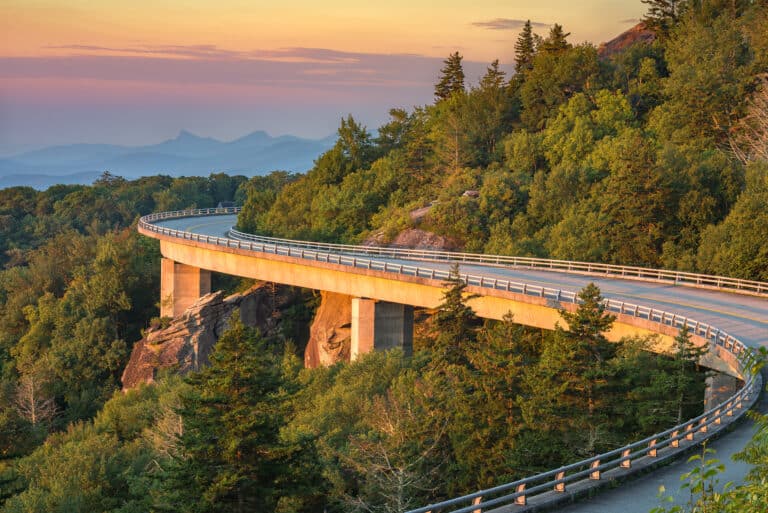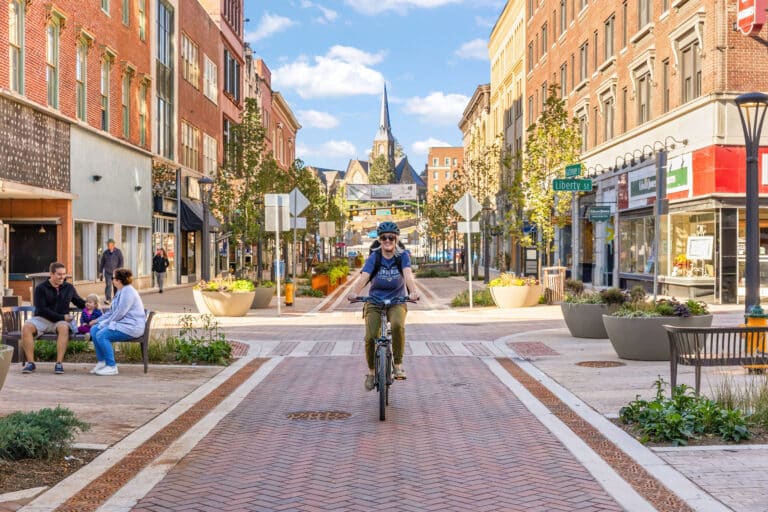Click here to download our school rankings.
Energy (plant and renewable energy offsets categories):
1 – Coal-fired plant and no renewable energy options
2 – No coal plant, but no renewable energy;
Natural gas plant and/or minor renewable energy (solar thermal)
Coal plant, but renewable options
3 – some renewable energy, including minor solar PV and wind
4 – major renewable energy including solar PV production and geothermal systems
5 – plant that runs off alt. fuels, major renewable energy production, offset purchases
Energy Conservation Measures:
1 – None
2 – Awareness/education program and other minor measures (replacing lights, turning
down thermostats, trayless dining halls, energy audits)
3 – Presidents Climate Commitment participant; more substantial majors (HVAC system
upgrades, stormwater capture, converting vehicle fuel sources, solar thermal); in
process of performance contracts/initiatives (ex. 25% reduction goal by 2015)
4 – Performance contracts completed with major savings (ex. 25% energy savings); not
a PCC signee, but major conservation efforts in place (ex. retrofitting that saves 5 mil kWh/year, reduced energy use 31% in last 7 years)
5 – PCC; Significant short-term savings and substantial long-term goals
(ex. 25% electricity and 20% gas in next 5 years; 80% greenhouse gas reduction
by 2020)
Food:
1 – No local or organic food purchased
2 – Less than 10% local/organic; small garden or a market
3 – 10-25% local/organic; campus garden; farmers market
4 – 25-50% local/organic food; farmland (larger than a garden) that produces food
5 – more than 50% local/organic food purchased; significant farmland for campus food
Alternative Transportation:
1 – No alternative transportation/incentives provided
2 – Encourages carpooling/alt. transportation and other minor measures
3 – Alt. energy encouragement/incentives, free campus transit system or provides shuttles to towns (if not large enough for campus transit)
4 – Alt. energy encouragement/incentives, campus transit, access to city transit, some alt. energy campus vehicles,
5 – Zipcars/bike sharing, campus and city transit, all campus vehicles run on alt. energy, flexible scheduling, cyclists showers
LEED
1 – No green building efforts
2 – some green building under way, no policy commitment
3 – policy/commitment to build sustainably, projects under way
4 – policy/commitment and some buildings already complete
5 – Policy/commitment, buildings complete and completing green renovations to existing
buildings
Recycling
1 – No measures
2 – Recycling program (no details)
3 – Recycling program (waste diversion < 25%), Recyclemania
4 – Recycling program (waste diversion 25-50%, composting
5 – Recycling program (diversion > 50%), other major programs
Environmental Studies program
1 – No environmental programs in place
2 – Some courses that have sust. component
3 – ES Minor or majors that contain ES component
4 – ES Major and grad studies programs
5 – Significant ES education component, including mandatory classes, environmental research, significant student interest in environmental program, long-standing program history, and other environmental/sustainability majors (Outdoor Rec, eco-tourism, agroecology, environmental planning)
Green Space
1 – No response or nothing mentioned
2 – Mentions green space commitment, but no details
3 – A larger amount of green space; focus on pedestrian accessibility; native plant conversion
4 – More than half of campus is green space; nature centers; plans to increase green space (tree planting)
5 – Preserved green space (preserve, WMA, conservation easement, wetlands); campus has received awards for green space; native habitat restoration (more significant that restoring native plants)
Outdoor Recreation
1 – No options provided
2 – walking/biking trails or rec fields
3 – Outdoor Rec program,
4 – Rec program and major on-campus options beyond trails (climbing wall, disc golf course, trails that connect to larger trail system)
5 – Major on-campus recreation options (preserve, nature center, river, etc.); programs such as alternative spring break, summer wilderness classes and youth camps






